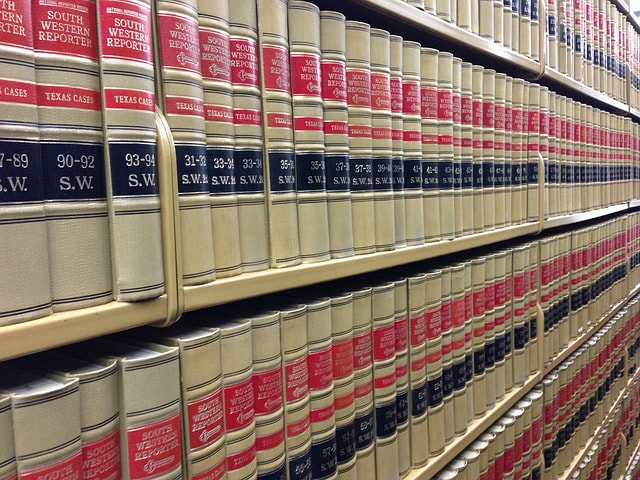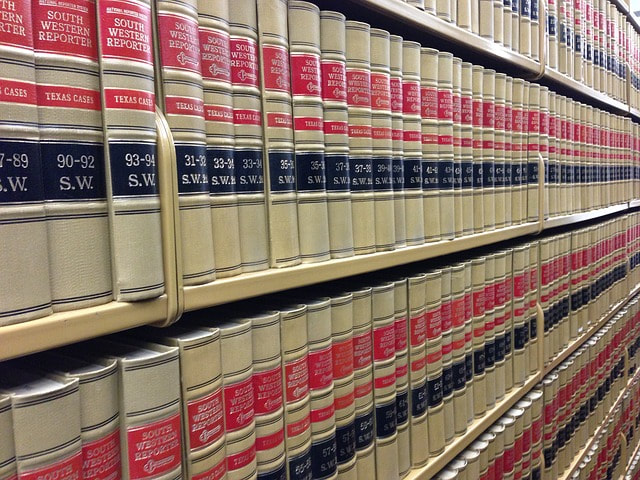|
Brogden and others v Metropolitan Railway Co. [1877]
Facts of the case The defendants had been supplying coal to the plaintiffs since 1870. On November 1871, there was a suggestion by the defendants to increase the price of the coal and to enter a new contract. On 19 December 1871, at a meeting, the plaintiffs handed to defendants a draft contract. The draft contract also contained the blank spaces for date and the name of the arbitrator. The defendants that filled the gaps with small changes and signed the draft contract. On 21 December 1871, the defendants’ agent returned the contract to the plaintiffs with the a letter which states that ‘ if you have anything further to communicate letters addressed to “Tondu” will find me’. This reached the defendants’ office and placed in the drawer which is used for storing contracts. It remained until a dispute arose on 7th November 1872. During 1872, from the date of the commencement of the draft contract which was 1 January 1872 the plaintiffs supplied coal to defendants at the new price as specified in the draft contract often up to but not exceeding 350 tons per week, which was the max authorized by the draft contract. Lord Cairns LC commented based on the various letters which passed between the plaintiffs and defendants ‘ having read with great care the whole of this correspondence, there appears to me clearly to be pervading the whole of its the expression of a feeling on one side and on the other that those who were ordering the coals were ordering them and those who were supplying them, under some course of dealing which created on the one side a right to give order an obligation to comply with the order’ However, the plaintiffs argued that in the absence of the acceptance by defendants of the plaintiff’s offer, there was no contract. Held The was a binding contract based on the terms of the uncompleted draft in the plaintiffs’ drawer. Per Lord Cairn’s ‘there having been clearly a consensus between these parties, arrived at and expressed by the document signed by the defendants subject only to approbation, on the part of the company of the additional term… With regards to an arbitrator, that approbation was clearly given when the company commenced a course of dealing which is referable in my mind only to the contract, and when that course of dealing was accepted and acted upon by the defendants in the supply of the coals’. Per Lord Hatherley ‘ the agreement was complete when the first coals …were invoiced at the differing price and when the differing price was accepted and paid ‘. Neither plaintiffs silence in response to the defendants agent’s letter nor any mental or private acceptance would have completed the contract. Per Lord Blackburn ‘ when you come to the general proposition….that a simple acceptance in your own mind, without any intimation to the other party and expressed by a mere private act, such as putting a letter into a drawer, completes a contract, I must say I differ from that’. Conclusion A contract can be concluded by a conduct.
0 Comments
Jacques Stevenson & Co v McLean [1880]
Facts of the case The defendant seller offered to sell a quantity of it on for 40s, nett cash to the plaintiff buyer until monday. On Monday at 9.42 am, the plaintiff buyer telegraphed to the defendant seller asking whether the defendant sell it would accept forty for delivery over 2 months or if not, the longest limit defendant seller would give. The telegram was received but did not reply by the defendant seller. The defendant seller later sold the iron to a third party. At 1.25 pm on monday, a telegram was dispatched by the seller to the buyer stating that the he had sold the iron. At 1.34 pm, the buyer said that he had secured the price for payment next monday. At 1.46 pm the telegram dispatched by the seller at 1.25 pm reached the buyer. Held The court held that the telegram dispatched by the buyer was a mere query. It was not a counteroffer. It is different from Hyde v Wrench. As a result, the original offer remained open for acceptance by the buyer until then revocation of offer by the seller was communicated when the telegram arrived at 1.46 pm. Conclusion The word , would you accept...? amounted to a query not a counter offer. Kembara’s Legal Infos – What are the sources of tort law in Malaysia?
The sources of tort law in Malaysia are English common law, local statutes and local judicial decisions. Kembara’s Legal Infos- What are the differences between tort law and law of unjust enrichment?11/9/2021 Kembara’s Legal Infos- What are the differences between tort law and law of unjust enrichment?
Tort law The purpose of the remedy is to restore the plaintiff / victim of torts to the position he was before the commission of the tort (restitutio in integrum) Need to have an unlawful act or omission Unjust enrichment Formerly known as law of restitution The remedy includes the recovery of advance payment made under contract for action which is not performed subsequently, the recovery of money paid by mistake, the recovery of goods, land, services or other benefits. No need to proof a wrong being committed by the defendant Kembara’s Legal Infos – What are the differences between tort law and equity?
Tort Law Tort law is based on the common law The tort law has a wide application to parties. Equity Equity is created out of the jurisdiction of the court of equity Equity is limited primarily to the fiduciaries and trustees. Equity depends on the special fiduciaries’ relationship / obligation. Kembara’s Legal Infos – What are the differences between tort law and contract law?
Tort law Obligation are determined by the law Obligation of the tort feasor towards the victim of tort The purpose of the remedy is to restore the plaintiff / victim of torts to the position he was before the commission of the tort ( restitutio in integrum) Contract Law Obligation arises from the agreement and consent of the contractual parties The purpose of the remedy is to award damages to the plaintiff with the aim to compensate the plaintiff for what he would obtained if the contract has been performed. Kembara’s Legal Infos – What are the differences between tort law and criminal law?
Tort law It is a civil wrong against any parties Legal proceeding being brought by the tort victim. The tort victim is known as plaintiff. The tortfeasor is known as defendant Defendant being sued may be liable or not liable The purpose of remedy to restore the tort victim to his original position. The types of remedy are damages or injunctive relief Criminal law It is an offence against the state Legal action / prosecution is brought by the prosecution. Victim of criminal act can only complain to the police The accused is being prosecuted by the states The accused may be found guilty or not guilty The purpose of the remedy to control human behavior. The remedy is known as punishment The types of punishment are imprisonment or fines. Kembara’s Legal Infos – what are the types of civil law?
The types of civil law are contract law, company law, commercial law, employment law, tort law, land law, constitutional law, administrative law and others excluding criminal law. Kembara's Legal Infos - What types of wrong being covered by tort law ?
Not all wrong is being covered by tort law. Tort law does not cover any morally wrong act or omission. Tort law does cover legally wrong act or omission However to be more specific, tort law which is part of civil law does cover civil legal wrong. Kembara's Legal Info - What are the components of Tort Law?
Tort law consists of wrong / unauthorised act or omission. These wrongful / unauthorised act or omission will encroach other people's rights or interests. An example of wrongful / unauthorised act include trespass to person while omission may include being negligence. These people / parties may claim for remedy hoping that they would be restored to their previous positions. |
Kembara's Legal InfosInfos about legal issues and legal concepts that are available online . Archives
February 2023
Categories
All
|


 RSS Feed
RSS Feed